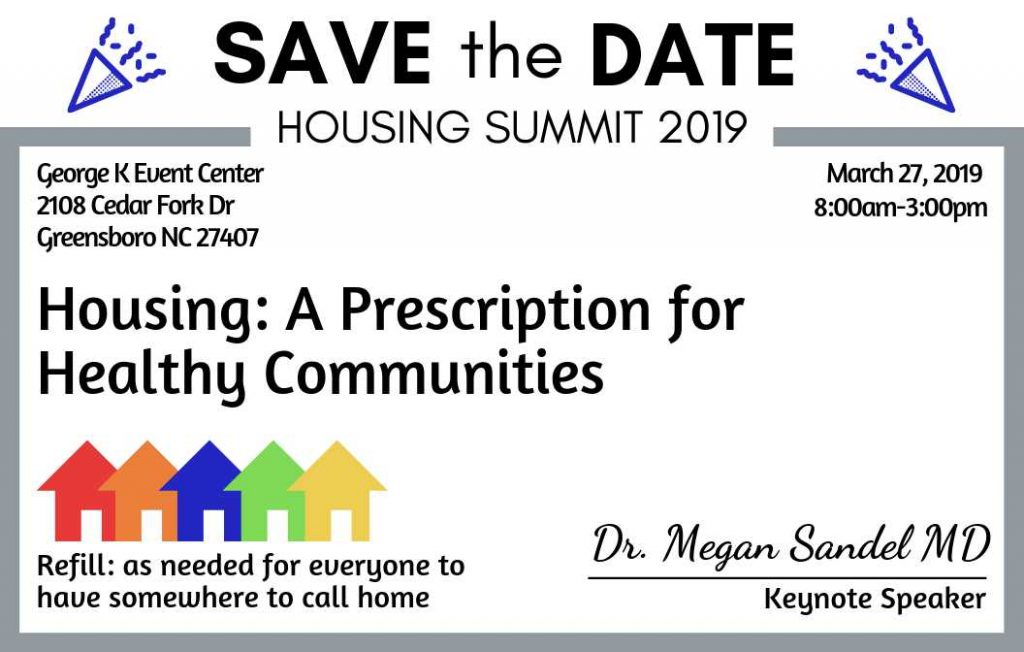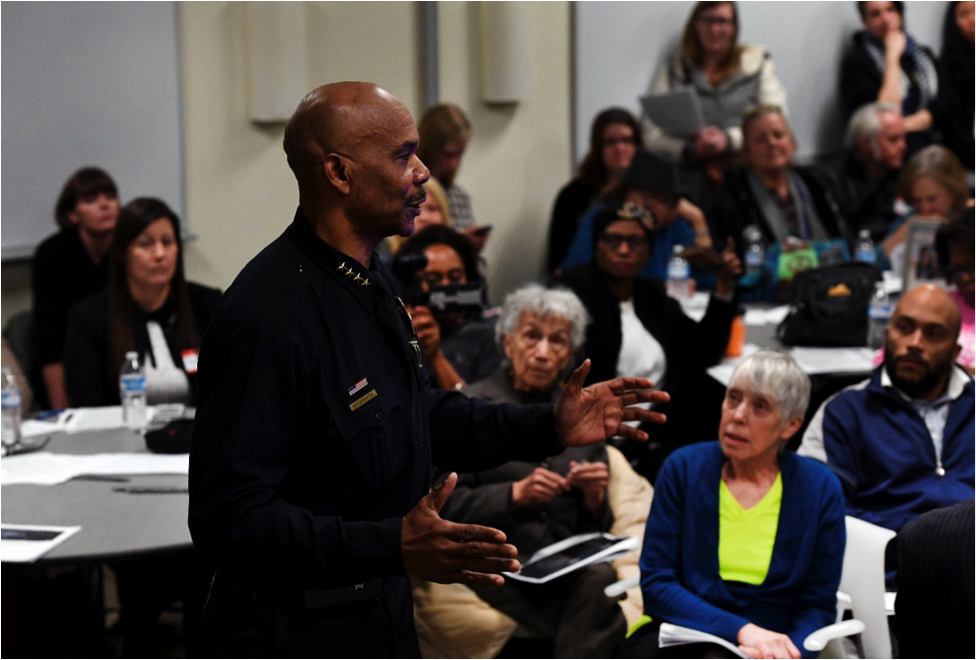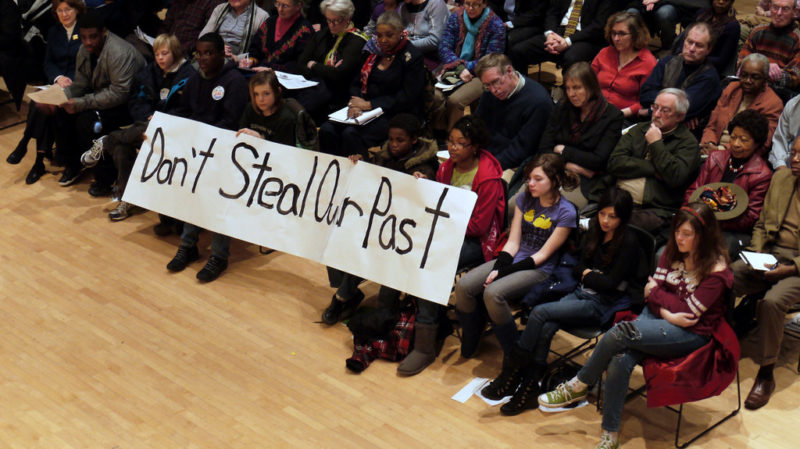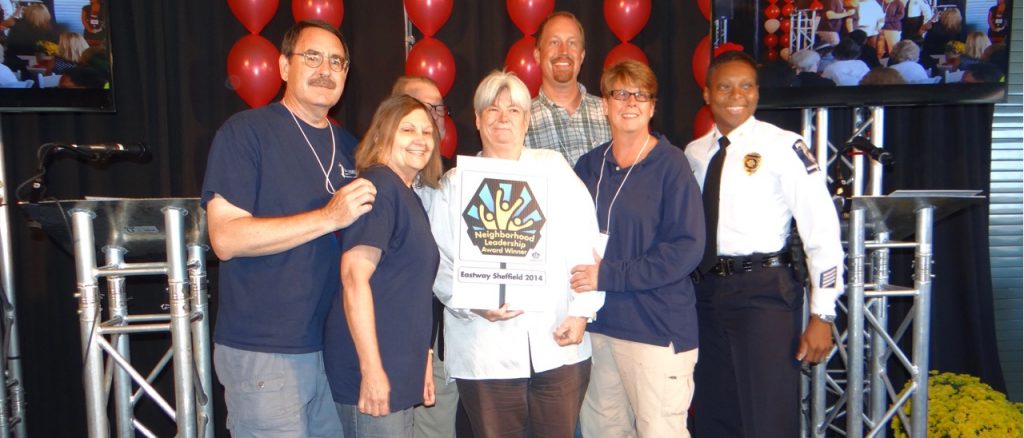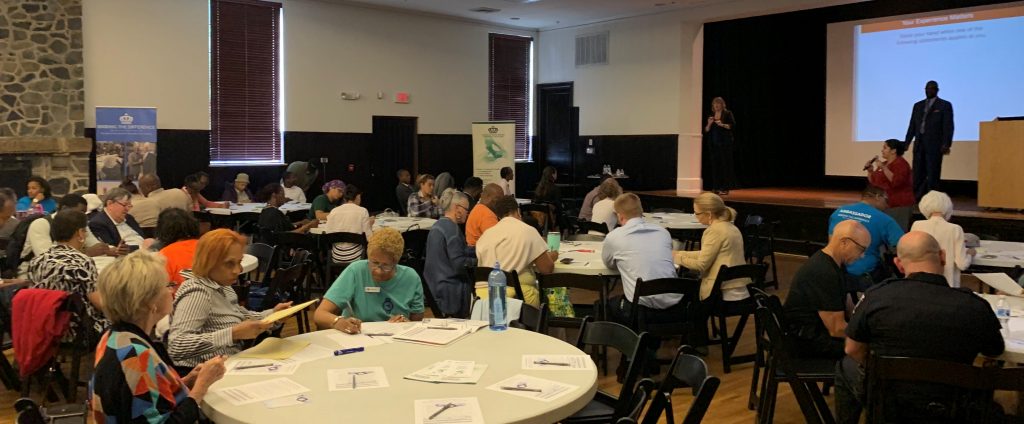
In a fast-growing city like Charlotte (N.C.), many factors can contribute to rising crime rates. There is, however, a common driver that has been identified… individuals who know each other settling disputes with gunfire. The Charlotte-Mecklenburg Police Department (CMPD) has numerous crime reduction strategies in place including their launch of a Crisis Intervention Team and Community Policing Crisis Response Team but they also value partnerships across the community that join them in efforts to help keep the city safe. Charlotte-Mecklenburg Community Relations is a very strong partner in this work and offers comprehensive conflict resolution training to the community. Putting an emphasis on teaching people how to resolve conflict without violence could have a significant impact on issues Charlotte is experiencing. It is critical that conflict resolution be offered to both youth and adults which is why Community Relations has also partnered with schools to offer peer mediation programs. Continue Reading
